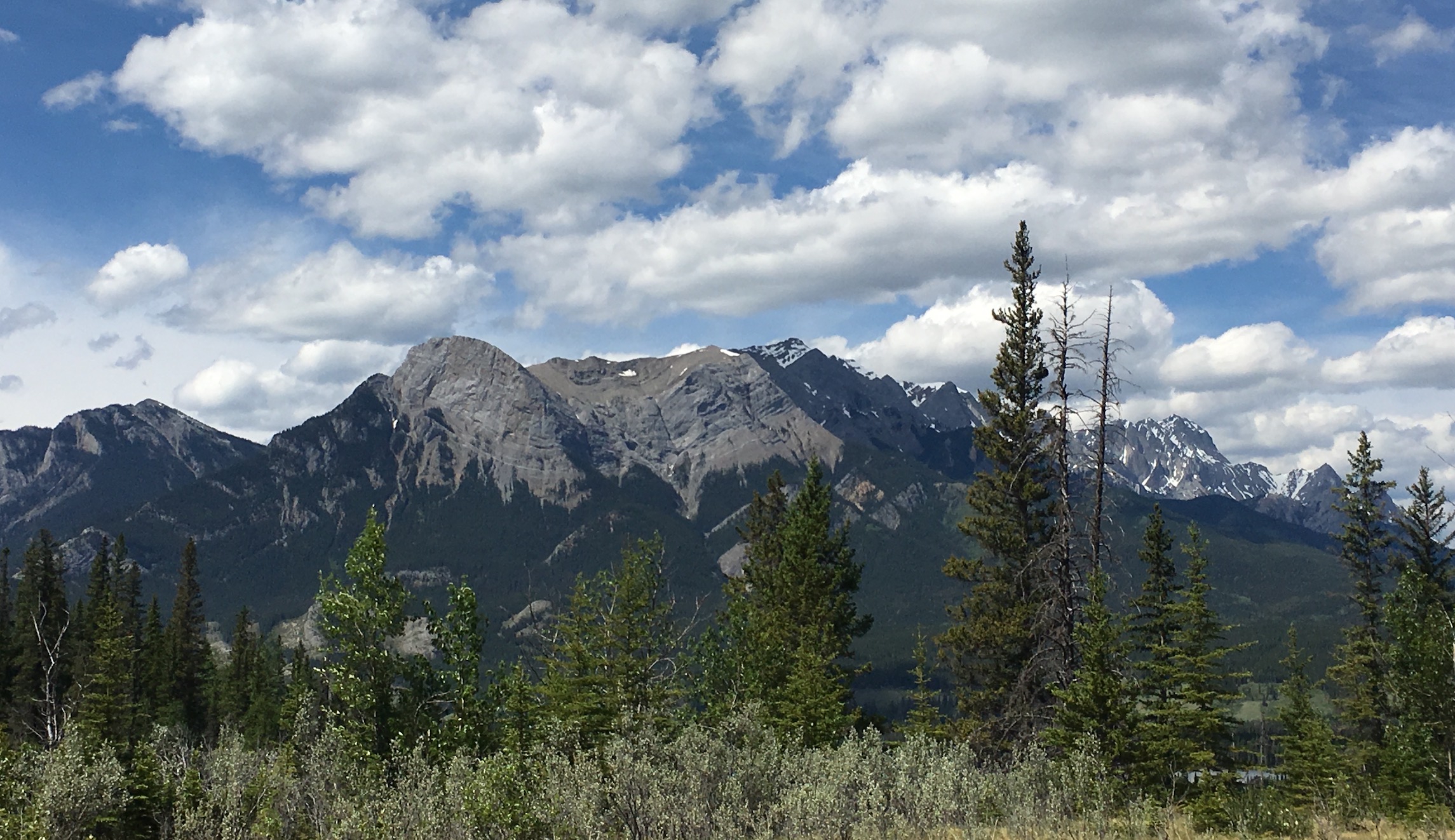Canada is cracking down on would-be tourists who have been using a loophole to visit natural parks and leisure sites during the coronavirus pandemic.
The Canada Border Services Agency announced that starting on Friday, those permitted to travel through the western part of the country to reach Alaska or vice versa will face more stringent regulations.
The agency said that the rearview mirrors of entering vehicles will be marked to indicate when they arrived. It will also include a due date noting how long U.S. travelers are allowed to stay while en route to the Last Frontier, according to CNN.

“The front of the tag will make it clear that the travelers are transiting and include the date they must depart Canada. The back of the tag will remind travelers to comply with all conditions imposed upon entry,” the agency said in a statement.
Although the United States-Canada border is closed to all nonessential travel, visitors are able to transit through Canada’s bucolic western region if they are headed to or from Alaska.
Some parks, including Banff and Jasper national parks, are along the way, fueling concerns that tourists could transmit COVID-19 from the U.S. to Canada, which has significantly lower levels of the virus.

In addition to the tags on mirrors, only five border crossings with Canada are allowed for travel to and from Alaska. Three of those crossings are in British Columbia, one is in Alberta, and one is in Saskatchewan. Further, the country is requiring all travelers to take the most direct route.
Failing to follow the new border restrictions could land would-be tourists in trouble, including up to six months in jail or up to $750,000 in fines. Those penalties go up if someone is harmed because of the violation, according to the border agency.
“If a traveler causes a risk of imminent death or serious bodily harm to another person while willfully or recklessly contravening this act or the regulations, they could be liable for up to $1,000,000 in fines, and/or imprisonment of up to 3 years,” the agency said.
U.S. cases of COVID-19 are approaching 5.5 million, and related deaths have surpassed 150,000. Canada, which has had some 117,000 infections, has suffered nearly 9,000 deaths since the pandemic began.
